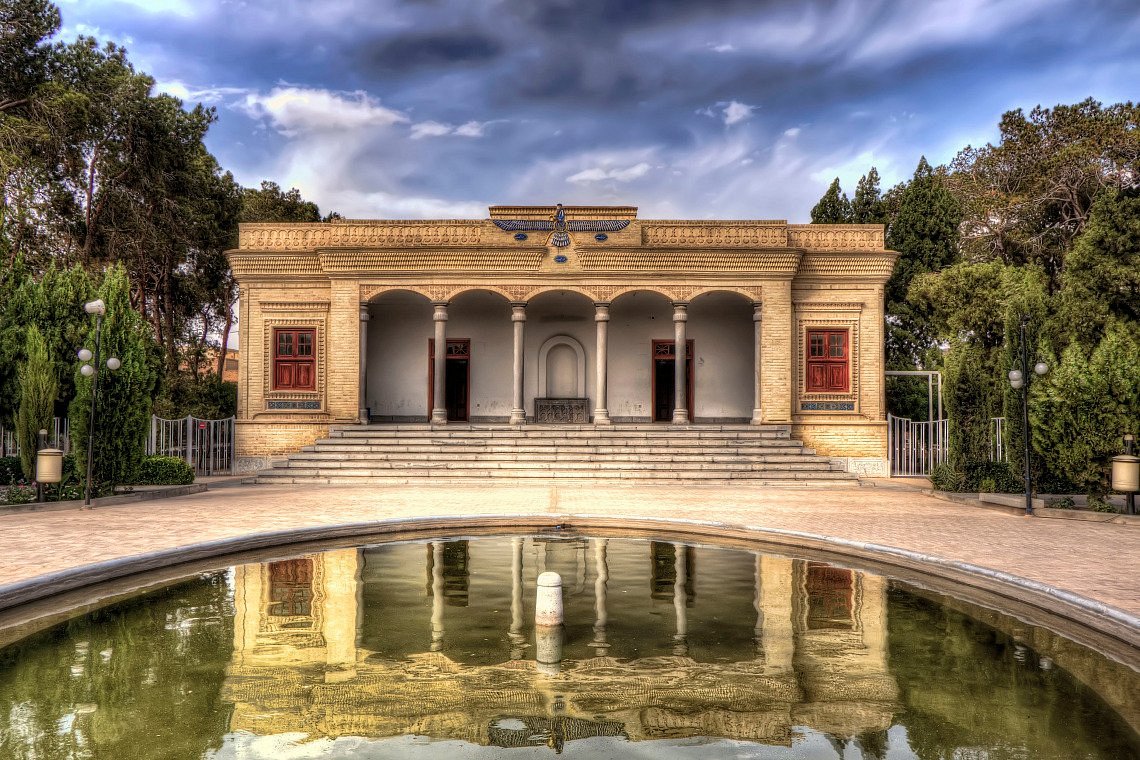Zoroastrianism, one of the world's oldest monotheistic religions, was founded by the prophet Zoroaster (or Zarathustra) in ancient Persia, around the 6th century BCE. It introduced the concept of a single god, Ahura Mazda, who represents all that is good, opposing the evil spirit Angra Mainyu.
:max_bytes(150000):strip_icc()/GettyImages-91582178-619efbac4a6b409e8375392f66092781.jpg)
Zoroaster, the founder of Zoroastrianism.
The teachings of Zoroastrianism are compiled in the *Avesta*, the religion's sacred text, which emphasizes truth, righteousness, and the duality of good and evil. The religion also introduced the idea of an eternal afterlife, with judgment based on one's deeds in life.

A Zoroastrian fire temple, a place of worship for adherents.
Zoroastrianism became the state religion of the Persian Empire, influencing cultures and religions such as Judaism, Christianity, and Islam. Though its followers, called Parsis, are fewer today, the religion's legacy remains significant.
The ruins of Persepolis, showcasing the influence of Zoroastrianism in ancient Persia.